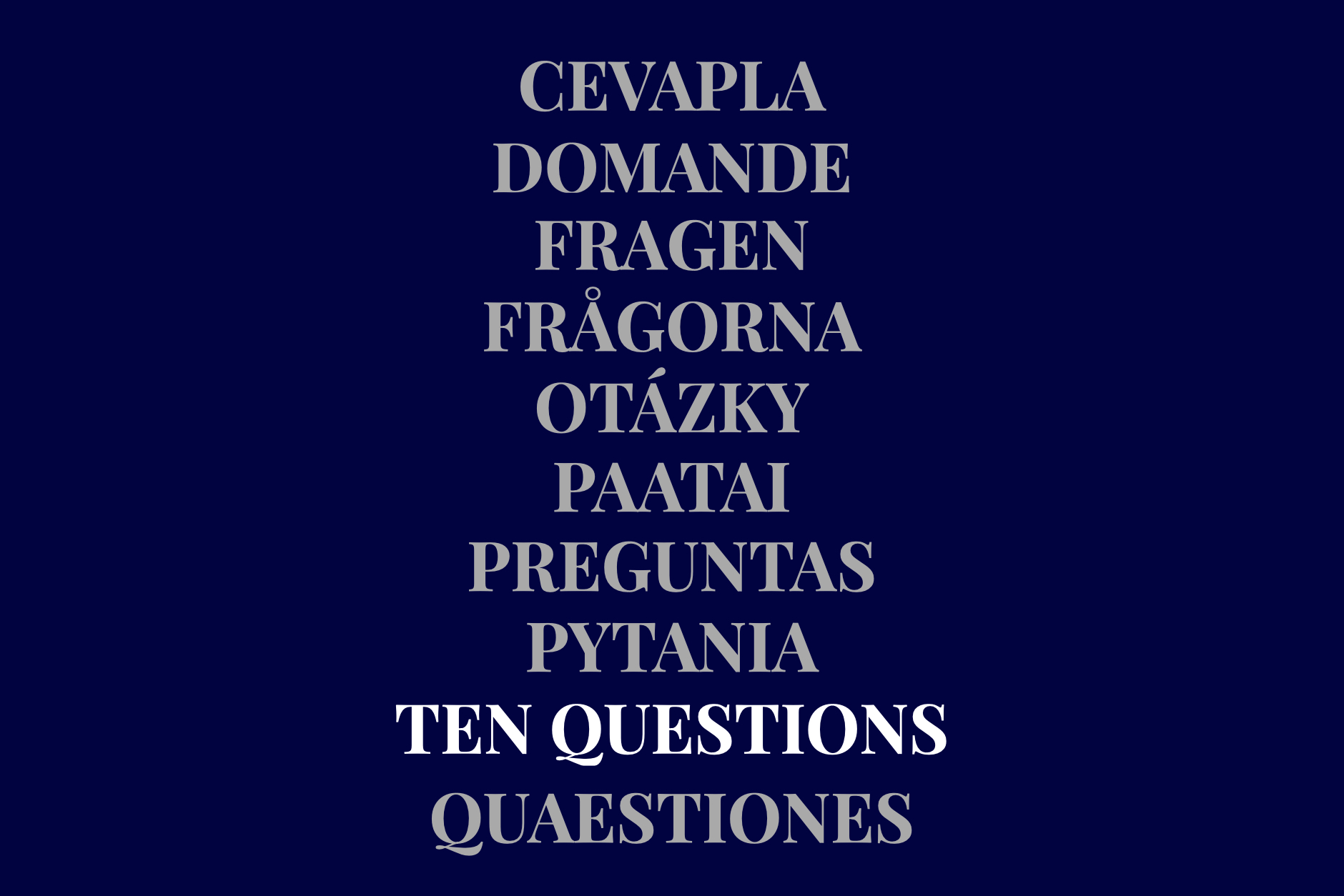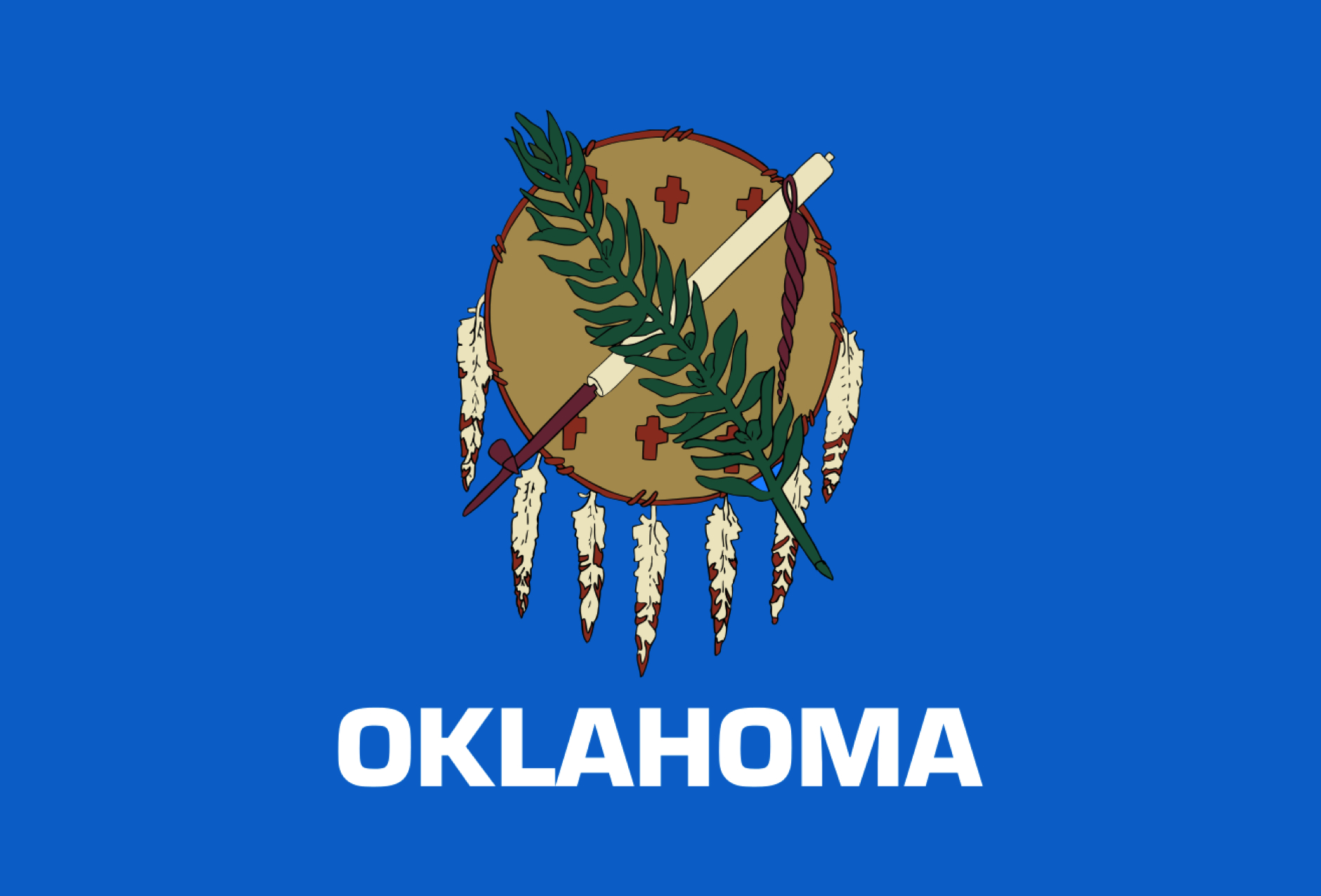There are less than a dozen hours of the year—the year—remaining. As I’ve done at this point of each year for over a decade, it’s time for an article filled with something we otherwise try to avoid: speculation.
Prior to the creation of halfwheel, at a website I started called TheCigarFeed, I’ve closed out the current year by asking 10 important questions for the cigar world for the upcoming year and trying to predict their outcomes. Some years, there is a struggle to get 10 questions and a very large drop off in importance after the first few questions. The 2020 list of questions—none of which predicted or took into a global pandemic—were all important, as the cigar industry was closing out a 2019 where business was down and internal tensions were high.
But the cigar industry, like every other industry, had its year completely reshaped by coronavirus. We’ve tried to cover those impacts and how coronavirus had played into other large events in the cigar world throughout the year.
As this editorial has progressed, moving to its home at halfwheel, we’ve added a follow-up article where at the end of each year Patrick Lagreid grades the predictions I make for the preceding year.
While I could easily list 15 questions specifically related to the cigar industry and coronavirus, I don’t have many answers on that front. Answering those questions requires having some idea of where coronavirus and its impact on the world will be throughout 2021. If I knew that, I can assure you that I would not be a cigar blogger. So, I’ve used the keystrokes in places where I feel like I have some area of expertise.
Unfortunately, sometimes I have questions that I don’t have answers to. So for this year’s list 10 questions, only eight will get a prediction. They are, the 10 most interesting questions that I have for 2021 beyond the big one: what is the new normal?
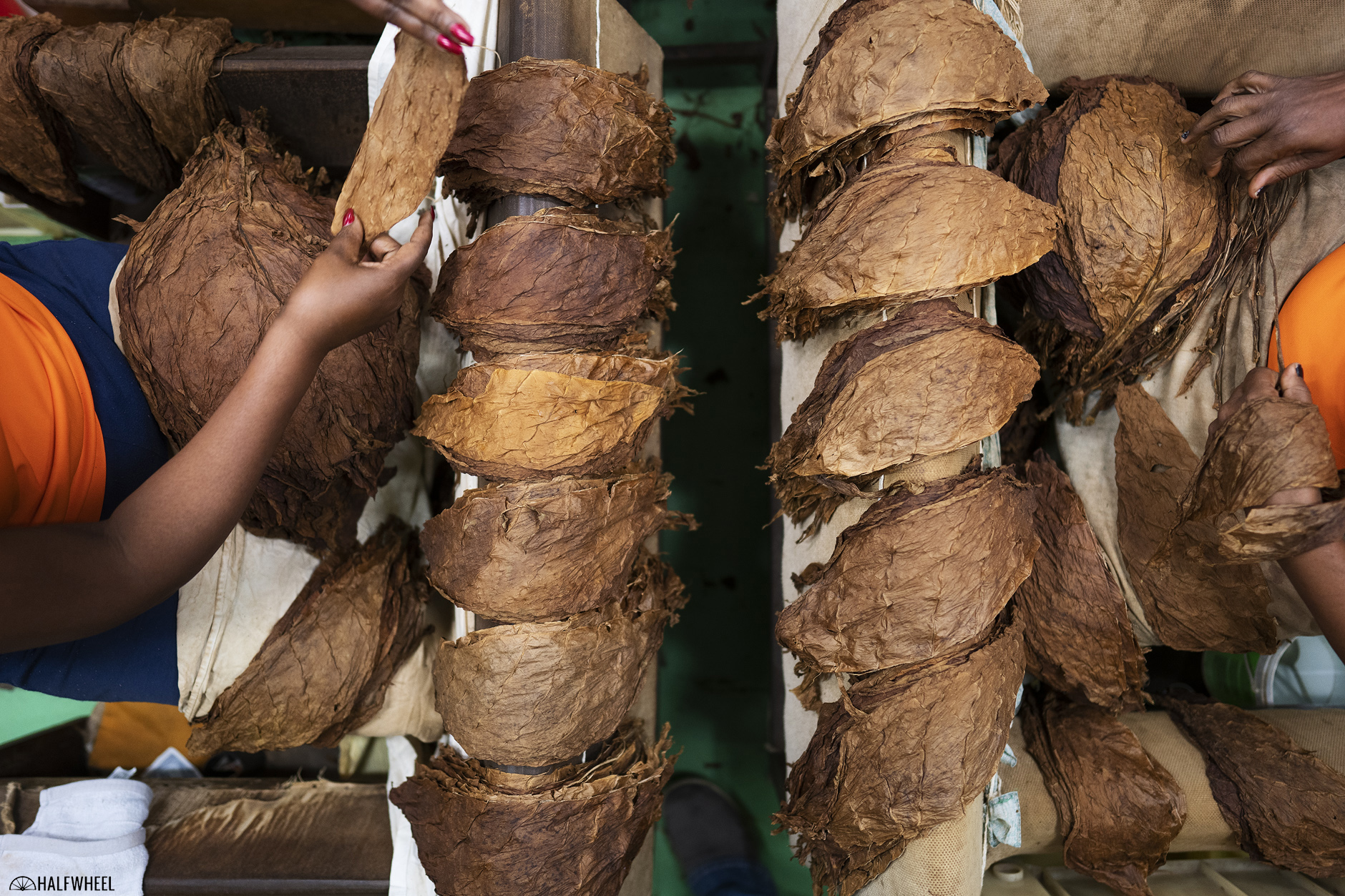
1. WHAT DO FDA AND ITS REGULATIONS LOOK LIKE POST-TRUMP?
It’s probably not for the better.
The current state of federal cigar regulations is:
- Cigar companies must pay user fees to FDA;
- A minimum purchasing age is still not able to be enforced federally;
- FDA has suspended the in-person checks of purchasing age requirements due to coronavirus;
- Warning labels on cigars and cigar advertisements are unconstitutional;
- The premarket cigar approval process is indefinitely delayed pending a review of the policy by FDA itself;
- There is ongoing litigation about the premarket cigar approval process;
- Any sort of testing requirements are indefinitely delayed.
While you might say that the Food & Drug Administration has slightly bigger things on its mind right now—and it does—tobacco regulations are controlled by a separate sub-division of FDA that has its own budget. So, it’s not like FDA is diverting tangible resources from regulating cigars to the coronavirus response. That’s not to say coronavirus hasn’t impacted tobacco regulation, in a couple of minor ways there have been some delays or temporary suspension of enforcement.
The pressing question is what happens with FDA’s pending review, and for that I suspect we likely won’t know the answer in 2021, at least not from FDA.
A review of the premarket approval process, a process where FDA is going to reconsider whether it should keep its proposed premarket approval process for premium cigars—i.e. substantial equivalence—or create a different—read: less restrictive—set of regulations for premium cigars. That process began in August. There doesn’t seem to be any sort of formalized roadmap that FDA has to use for this process, so it’s unclear whether the public will get much in the way of status updates in 2021. As I argued at the time, I think the most likely scenario is that at some point a couple of years down the road, FDA will say it completed the review and is sticking with what it was planning on doing anyway.
FDA still has bigger fish to fry on the tobacco side, mainly e-cigarettes and vaping products. While I don’t think it’s going to completely ignore premium cigars, I do think that it’s going to continue to mainly focus on vaping products for the time being.
Prediction: There won’t be any changes in substantial equivalence for 2021, but if there is a change it will come through the courts due to the ongoing litigation over the regulations, something that isn’t stopping due to FDA’s self-review.
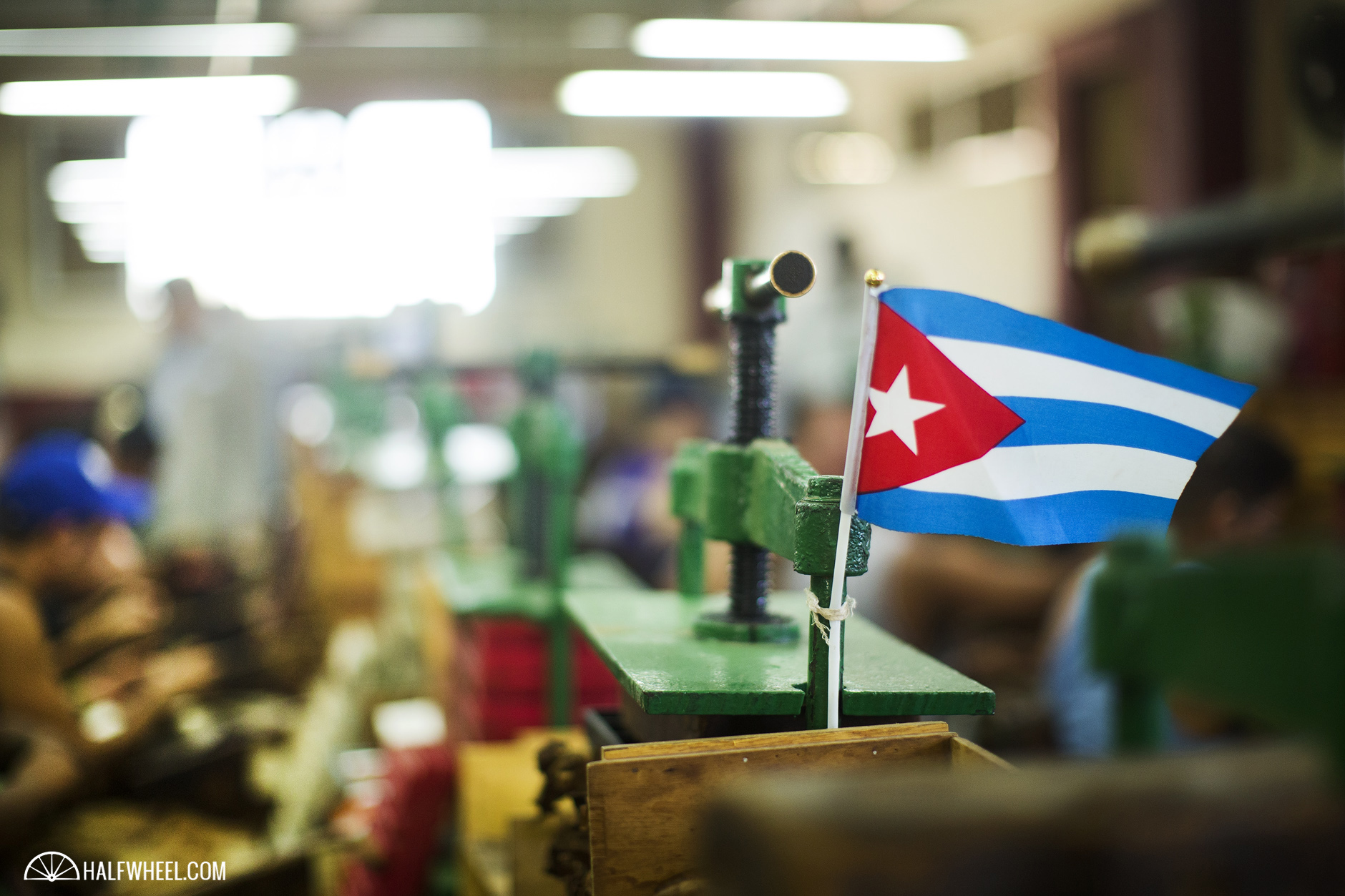
2. WILL AMERICANS BE ALLOWED TO LEGALLY BRING BACK CUBAN CIGARS IN 2021?
While most questions on this list are interesting, only a few of them seem legitimately 50/50. This is one of them.
During the Obama administration, the U.S. government eased restrictions on various parts of the Cuban embargo. That included allowing Americans easier access to visiting Cuba, allowing more American companies to do business in Cuba; and eventually allowing Americans visiting foreign countries—including but not limited to Cuba—to legally bring back up to $800 of Cuban tobacco products and alcohol.
Donald Trump has reversed almost all of those changes.
Because those actions—both Obama’s and later Trump’s—were done through executive order, it means that Joe Biden could make these changes without having to go through Congress. And it seems like he wants to make those changes. It’s just a question of when.
On one hand, Obama’s policy towards Cuba had a 52 percent approval rating towards the tail end of his presidency. On the other hand, loosening travel restrictions in a pandemic world would seemingly be very mixed messaging. In a world without coronavirus, this would seem like something that would be part of the Biden administration’s first 100 days, but it’s just hard to imagine that happening given where coronavirus currently stands.
Of note, the policy was specific to bringing Cuban cigars back when Americans were visiting foreign countries. It did not allow for the legal purchase of Cuban cigars on the internet or the ability for American cigar shops to sell Cuban cigars.
Prediction: By the end of 2021 Americans will, once again, be able to legally bring Cuban cigars back when traveling abroad.
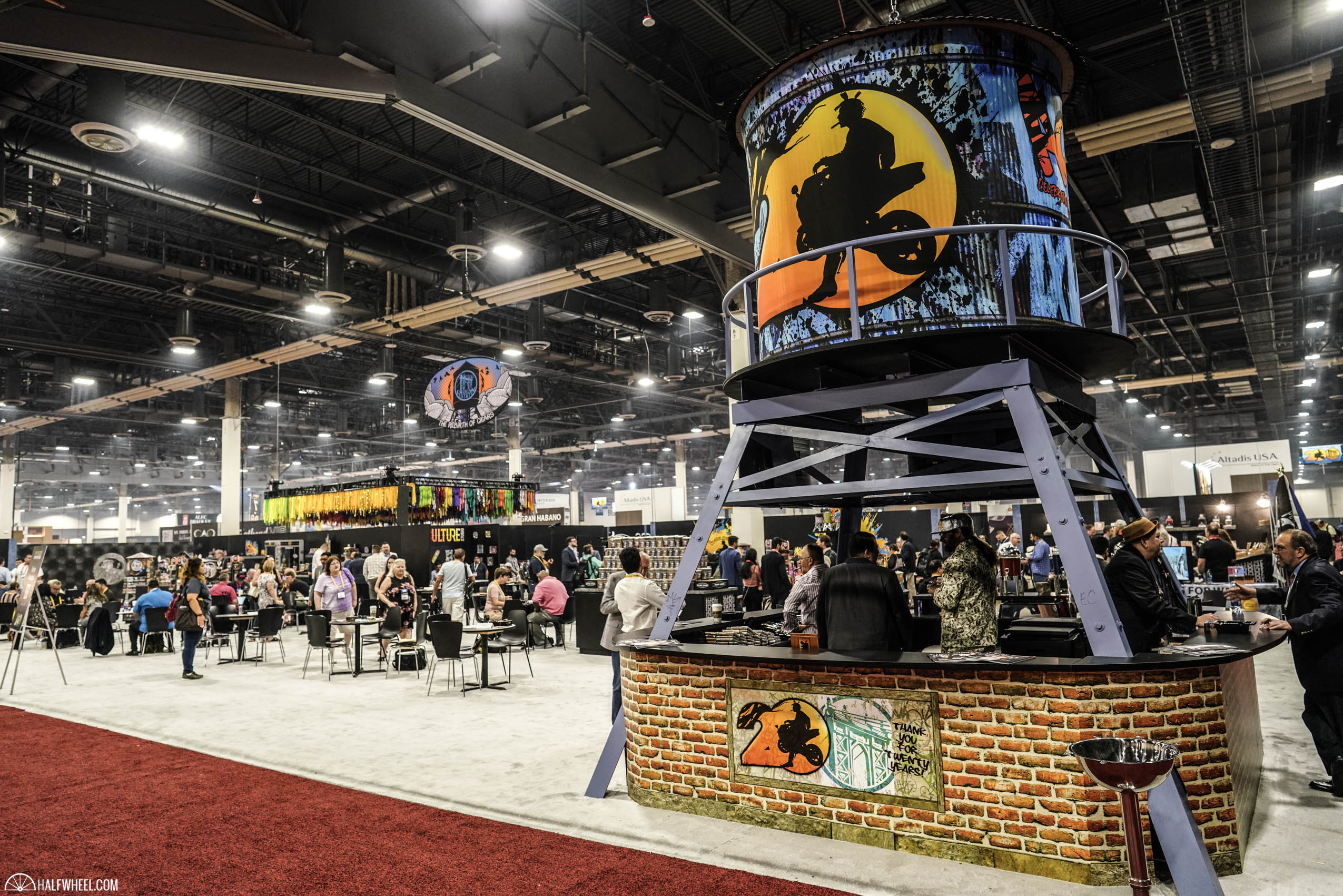
3. WILL THE PCA BE IN A BETTER PLACE A YEAR FROM NOW?
2020 was not kind to the Premium Cigar Association, the organization formerly known as the IPCPR.
The industry’s largest trade organization, most known for its annual trade show that it hosts, has been heading in the wrong direction for a while. Some of this has been a years-long inability to adapt to a more modern organization that suits the industry and its needs, some has been self-inflicted problems and some have been things outside of is own control.
And then 2020 happened.
It started with a bang: Altadis U.S.A., Davidoff of Geneva USA, Drew Estate and General Cigar Co. announced they would not be exhibiting at the 2020 PCA Convention & Trade Show. Then coronavirus reared its ugly head and things started spiraling out of control.
The PCA canceled its trade show, the main source of the organization’s revenue. It then announced a staff furlough in response to financial problems. We still don’t know the extent of the financial problems but the organization’s staff has been greatly reduced in 2020. By my math, it went from seven full-time employees to four. As the world has gone more virtual due to coronavirus, a large-scale trade show looks even less relevant than it did at the end of the 2019 trade show and it’s not like things were going great in 2019. And even the PCA’s best counter to most of my criticisms over the years—we do really really important lobbying work, so quiet down over there—took a hit given it cut ties with most of its lobbying contractors over the summer.
There’s been a greater alignment with its interests and Cigar Rights of America—more on that in a second—and talks of a merger between the two organizations were constant chatter from some people in 2020, even if it never seemed that close.
I’ve written a lot about the PCA, probably more so than I’ve written about any other entity, and it’s because there’s a clear need for a functioning trade organization, one that is better than the ones we have today. And the PCA’s funding of lobbying and advocacy efforts is vitally important. But, the PCA seems less capable of handling those needs than ever before, which is saying something.
I’m not actually sure “where” the PCA stands today. I’m not sure really anyone does. But from everything I can tell, it’s a lot worse than it was a year ago. The question isn’t just whether it can get the ship pointed in the right direction, but more if it can get the ship in a position where it’s capable of being effective. And just like I don’t know exactly where the ship is at the moment, I’m not sure where the PCA wants its ship to end up.
Prediction: I have written a lot of critical words of the PCA in 2020 and it gives me no pleasure to write more. No prediction, here’s to hoping the ship is in a better place a year from now.
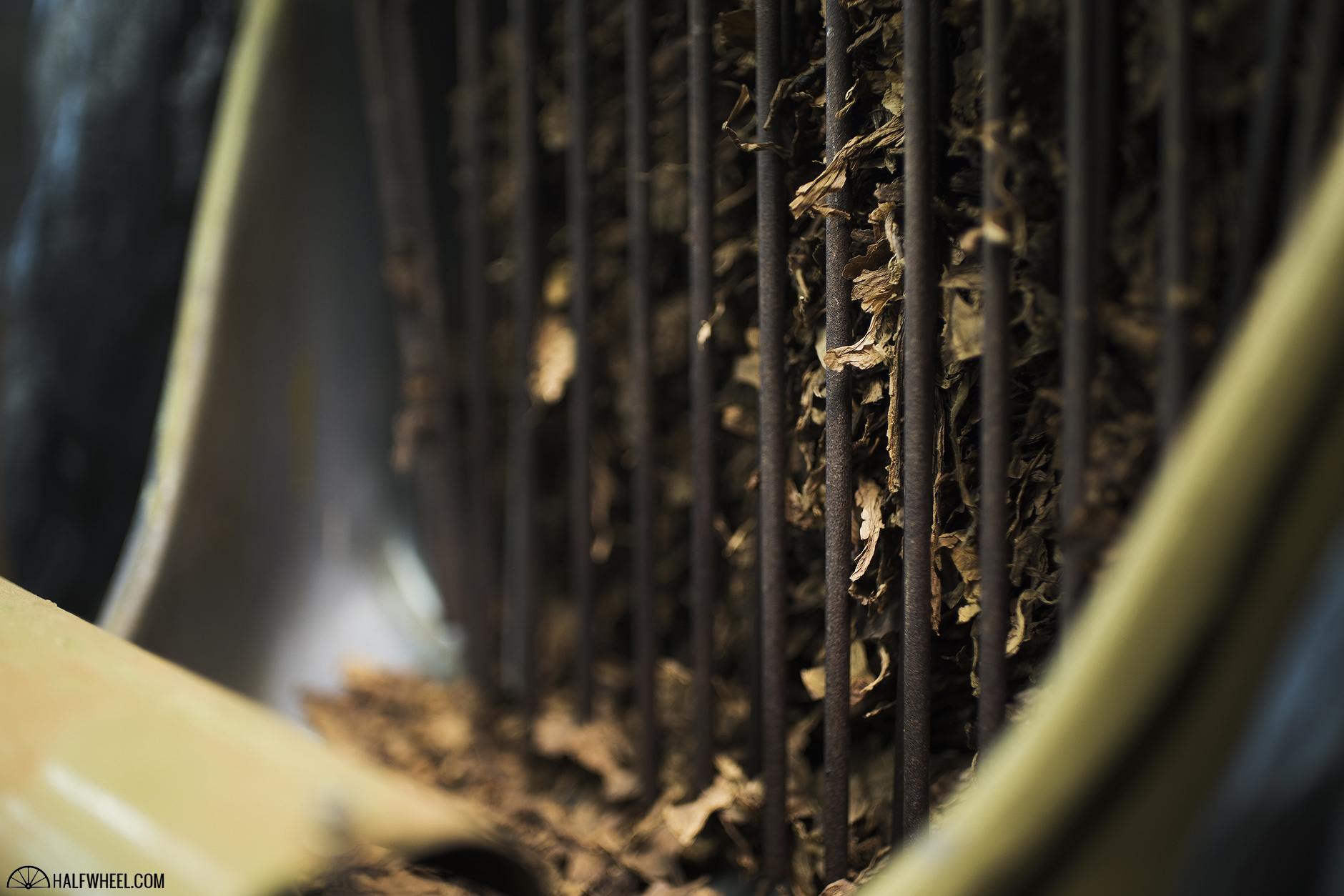
Filler tobacco waiting to be placed into cigars.
4. WILL THE TRADE ORGANIZATIONS CONTINUE DOWN THEIR WAR PATH?
In the latter half of 2020, when presumably everyone had better things to be doing, the level of animosity between the cigar trade organizations entered new territory. On one side is the PCA and the CRA, organizations that represent “premium cigar” companies and the retailers who sell their products. On the other side is the Cigar Association of America (CAA) whose member companies include some premium cigar manufacturers, but also include the companies that sell machine-made cigars like Swisher Sweets, Backwoods, Phillies and others.
Publicly, the point of contention was taking credit for the successes the groups have had in their joint lawsuit and other legislative efforts. Really, the point of contention is about who is paying what and how much. What set off the public feud was a Sept. 9 press release from the PCA and CRA following a court ruling indefinitely delaying substantial equivalence. In it, the two groups wrote:
Make no mistake: these lawsuits were funded completely by the CRA and PCA; it is the legal counsel of CRA and PCA that delivered the critical court victories; and, it is the CRA and PCA advocacy teams who are keeping the President’s Administration and allies in Congress fully engaged with the premium cigar issue.
The CAA took offense at the “lawsuits were funded completely by the CRA and PCA” line amongst others and then issued its own press release directly refuting those claims by name:
It’s therefore unfortunate that PCA and CRA continue making the unfounded allegation that CAA and its members have not provided funding for the lawsuit. Once again, this is simply and 100% false.
For many years, almost since the joint lawsuit started in 2016, there’s been a disagreement about what the organizations agreed to when it came to funding the lawsuit, and it’s been something that has flared up privately from time to time. This was the first time it went public and, to my knowledge, there hasn’t been any resolution.
In a year when a lot has gone wrong on a macro scale of “things in this world,” but many things went right on the micro-level of “premium cigars getting regulated” it’s not the best look for either side. The question for me is whether the war of words continues to be public, if it goes back to a private manner, or if—miraculously—there’s some resolution.
Prediction: There won’t be any public performances of “Kumbaya,” but the disagreements will stay out of the public eye for 2021.
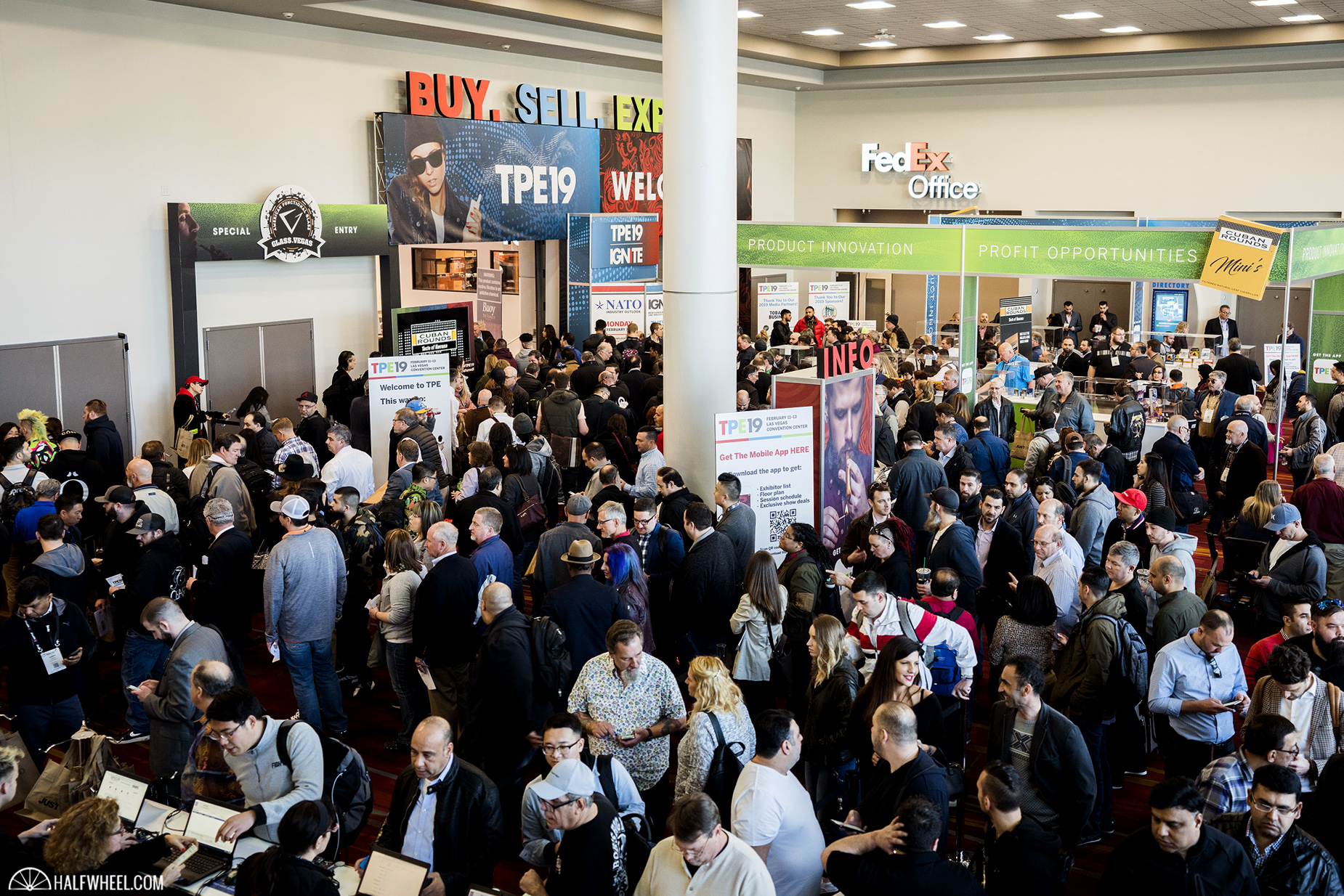
5. WHICH TRADE SHOWS WILL HAPPEN IN 2021?
I’m neither an epidemiologist nor an event planner, and I’m not going to pretend to be, so this will be short.
Here are my predictions for whether these trade shows will happen with in-person attendance on their currently scheduled dates. Obviously, if the trade shows delay—and I think it’s quite likely that a delay will happen for at least one of them—then I think that changes things, but I have no idea how to make sense of that.
Predictions:
- TPE 2021 (May 12-14) — No.
- PCA Convention & Trade Show (July 10-13) — Yes.
- InterTabac 2021 (Sept. 16-18) — Yes.
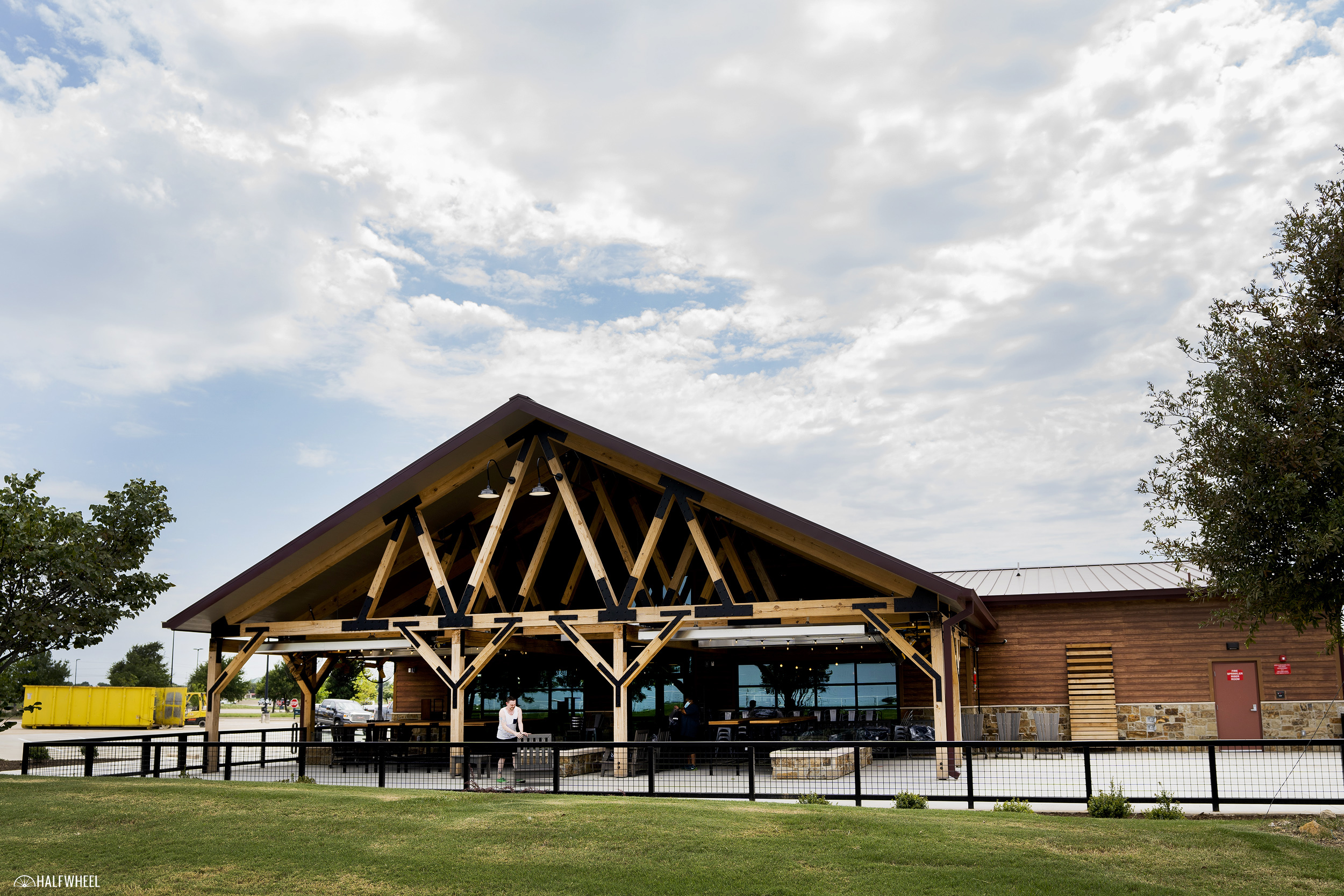
6. WILL THERE BE NEW RESTRICTIONS ON MAIL ORDER CIGARS?
For the purpose of this: mail-order cigars are any cigars that are purchased that need to then be shipped. That could mean cigars bought via an online order, phone order or catalog order.
If I was going to write this question at any point during the first 340 days of 2020, the question would have centered around whether state restrictions or taxes will cause changes. This could include attempts like a failed one in Hawaii that would outright ban mail-order cigar purchases being shipped to the state.
More practically, this would likely be a scenario where a state chooses to impose state tobacco taxes on mail-order cigar orders. The problem here is that the mail order cigar retailers don’t have a software solution that allows them to easily take into account different local tax situations in 50 different states. Unlike sales tax—which is something that could apply to most non-cigar products sold on the internet and is based on the final cost of the sale—many tobacco taxes are calculated based on the wholesale price.
For example, if you are ordering a $9.50 cigar and want it shipped to Washington, D.C., it’s easy—there’s no tax so the cigar is $9.50 before shipping and sales tax. If you wanted the cigar shipped to Texas, the local tax would be 1.1 cents per cigar, which some retailers might be willing to absorb for the sake of simplicity. But if you wanted the cigar shipped to an address in Idaho, it’s a 40 percent tax on the wholesale price, meaning that it likely would cost $13.30 before sales tax and shipping. The issue for the retailers is that the software solution that could calculate all of those taxes doesn’t appear to exist yet. And that would be crucial for you as a consumer. Because if you are in Idaho, you think you are buying a $9.50 cigar, but in reality, the retailer never had any intention of selling you that cigar at $9.50.
Furthermore, those daily emails you get from various cigar retailers with their daily specials would likely need to be tailored based on promotions. As would the catalogs and every page of the website. It is—to say the least—a mess.
None of those problems have gone away; they are still very much a real threat and that’s why some stores won’t ship to some states, specifically South Dakota and Utah, where states are trying to enforce local taxes on mail orders.
The coronavirus pandemic and the budget shortfalls that presumably every state is facing are only going to exacerbate issues like this. And quite frankly, this is a very easy target. Not only is it a tax on cigars, something that is going to affect very little of a state’s population, but the state of Idaho couldn’t care less about a cigar retailer in Pennsylvania. In fact—and many brick and mortar cigar retailers have argued this point—it would be better for the business located in Idaho if the state were to make it more challenging for an out-of-state retailer to ship products into the state. And they have a point: the retailer in Idaho can’t sell the $9.50 cigar for $9.50, so why should an out of state retailer have an unfair pricing advantage trying to sell the same product to the same consumer?
This is already long enough, but that would be something that would not only be bad for consumers but would also dramatically contract the cigar market for many reasons.
But included in the massive omnibus spending bill that was signed on Dec. 27 is a new provision that modifies federal law banning USPS from shipping of vaping and e-cigarette products in the same manner that cigarettes are not legally allowed to be shipped to consumers in the U.S. It seems likely that private carriers like FedEx and UPS will still be allowed to ship to consumers under new restrictions like ID verification, though FedEx has announced that it too will no longer allow vape products to be shipped to consumers. For what it’s worth, FedEx stopped shipping cigars to consumers in 2016.
The good news for cigar smokers is that none of that language affects the shipping of cigars. The bad news is that large omnibus bills like the one that was signed into law are increasingly how the government passes funding bills, and included in them are thousands of other changes completely unrelated to funding the government. Obviously, there is more pressure to introduce vaping regulations than there is for cigar regulations, but bills like this show just how easy it can be for an entire market segment to become highly regulated, if not illegal.
Prediction: I think many states will try to introduce language to collect tobacco taxes on mail-order shipments with probably a less than 50 percent success rate. I don’t think there will be any changes on the federal level.

7. (HOW) WILL BRICK AND MORTAR CIGAR SHOPS STOP THE BLEEDING?
No, not the bleeding at your own shop.
Many small cigar shops around the country are having great years. For many, the largest problem for most isn’t related to masks or lounges, it’s that they can’t consistently get key products in. The manufacturing and transportation delays related to coronavirus have meant that cigar brands that are typically available to order year-round are facing backorders that otherwise haven’t existed.
The real problem is in regards to the balance of power between the brick and mortar stores and the mail-order retailers, specifically, the four largest internet/catalog retailers who control a dizzying amount of the American cigar market.
This is a fight that the brick and mortar retailers have been losing for a while. In some regards, it’s like gas cars versus electric cars. If there were essentially zero electric cars sold in 2000 than by default, electric cars will have a larger market share two decades later.
But unlike the battle over car engines, the internet retailers aren’t just the emerging player, they are also the dominant one. The largest retailer in the country—Cigars International—is also the largest retailer on the internet. And before the pandemic started, mail order sales were—by most accounts—already more than 50 percent of premium cigar sales.
Unfortunately, I’m not sure how—outside of the aforementioned ban of mail-order cigars—that the balance is going to swing back. I’m more curious about how stores could at least slow down the progression. And for that, I haven’t seen any great ideas. Certainly, I think the idea of local stores delivering cigars directly to consumers is a thing that will remain a part of many businesses for years to come. As I’ve long said, one of the keys for brick and mortar retailers is to just worry about what it can control: keep the right inventory, don’t overload on too many events, and clean the bathroom regularly.
Prediction: I don’t have much of a prediction here. I think mail-order will continue to gain market share, which isn’t anything groundbreaking.

8. WHERE DOES MICHAEL HERKLOTS END UP?
With the closure of Nat Sherman International, the most obvious question wasn’t what would happen to the building that the retail store occupied in New York City. It’s what would happen to Michael Herklots, who revamped Nat Sherman’s premium cigar business when it was still owned by the Sherman family and oversaw it until the doors were literally locked.
Prior to his time at Nat Sherman, Herklots was in charge of Davidoff’s New York City retail stores and gained seemingly universal notoriety and respect throughout the cigar industry. He is one of those people that could lead a trade organization. But he’s also a person that seems likely to find plenty of work outside of the cigar business.
I think the ideal job for him in the cigar industry would be to lead General Cigar Co. Currently, Régis Broersma is the head of General Cigar Co. despite the fact that he announced in 2019 that he would be leaving for another role at Scandinavian Tobacco Group in Europe. Ultimately, STG didn’t find someone to replace Broersma and eventually it was decided he would do both jobs from Europe. That means the person directly in charge of one of the largest premium cigar companies in the U.S. is based in Europe and doing full-time two jobs.
Herklots has experience running a premium cigar company. He’s got extensive relationships throughout the entire cigar industry. He’s the consummate brand ambassador and he’s someone that would fit in with General’s seeming desire to hire younger people. Whenever it becomes legal again, the idea of Michael Herklots hosting black tie events at Club Macanudo in Manhattan is something that seems like a perfect fit, even if that’s not the main responsibility of the head of General Cigar Co.
Prediction: As much as I think Herklots makes a ton of sense as General Cigar Co.’s president, I’ve learned that these predictions aren’t about what I think makes sense. I think the more accurate guess is a broader one. I’ll say Herklots ultimately takes a job outside the cigar business because it seems like a safer guess than picking a specific cigar company.
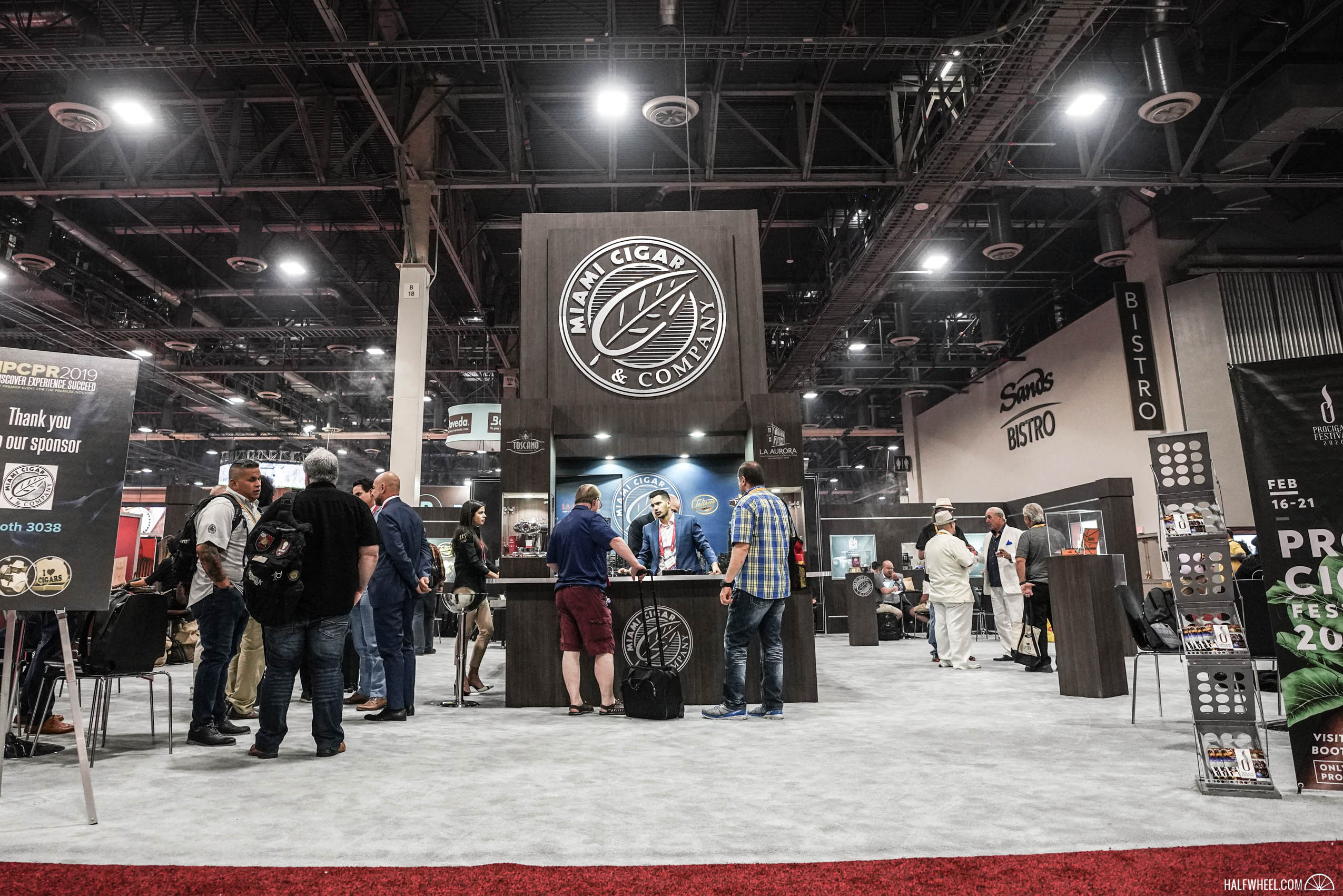
9. HOW MANY COMPANIES FOLLOW MIAMI CIGAR & CO.’S LEAD AND MAKE SUBSTANTIAL STAFF CUTS?
In November, Miami Cigar & Co. announced that it was reducing its salesforce from 14 to five positions. Miami is a bit of a unique company in that the majority of its revenue is made selling Tatiana, a flavored cigar brand that receives little attention on websites like this. But, the brand is a literal machine. Miami spends little time creating new Tatianas, marketing Tatiana or talking about Tatiana, except when orders are placed.
Instead, Miami’s most known on halfwheel as the U.S. distributor of La Aurora and Toscano, as well as the parent of the Nestor Miranda brand, Don Lino and others. The problem is, the traditional premium cigar brands require a ton of effort to sell and end up producing less for the company. And so in a year when its sales reps spent most of their time at home, not traveling to stores and not hosting events—Miami made a decision that was many years in the making. It decided to cut its salesforce and acknowledge that it is truly a company “that sells Tatiana and other brands” as opposed to a company “that sells La Aurora, Nestor Miranda and other things.” And Miami—with probably a lot more than anecdotal evidence—is betting that Tatiana really does sell itself.
But Miami isn’t the only company that is going to reevaluate how many in-field sales reps it needs.
Many cigar companies have highly compensated sales representatives that travel around regional territories to sell cigars. Though like everything else in 2020, what they do in person is being reevaluated. Unlike the person who delivers Coca-Cola products to your local convenience store, cigar company sales reps rarely deliver orders directly to the store: UPS does that. Also unlike the Coca-Cola guy, they aren’t responsible for stocking and merchandising. Certainly, many reps will do that when they visit stores; but many retailers would say that certain reps—or maybe even most reps—never do that. What they do is assist in educating retailers about new products or promotions, they are supposed to be the first line of customer support for the retailer, and they can help out with certain things like replacing damaged inventory.
But more and more, when you are forced to figure out what a cigar sales rep does—particularly for the bigger and established companies—that an in-house salesperson working out of a company’s headquarters can’t do, it seemingly comes down to events.
Cigar reps do a lot of events. But it’s 2020: events are also under reconsideration. From a profit standpoint, most cigar companies should prefer to stop doing events as they aren’t as profitable on a margin basis compared to normal sales.
As the world inches back to “normal,” companies in every industry are reevaluating whether it can have employees work from home more and, unfortunately, whether it even needs all the employees that they currently have. That is certainly going to extend cigar reps.
The saving grace is that most people that own cigar companies don’t think like corporations. And, while the financially prudent thing for many would be to make sweeping cuts, I suspect many owners will opt to keep their salesforce intact. Part of the reason why is that many—if not most—cigar companies had extremely profitable 2020s due to reduced expenses, not the least of which was a reduction in salesforce travel and event-related costs.
Prediction: I will say 1-2 companies make substantial cuts a la Miami Cigar & Co. but most major cigar companies keep their salesforce pretty much how they are.
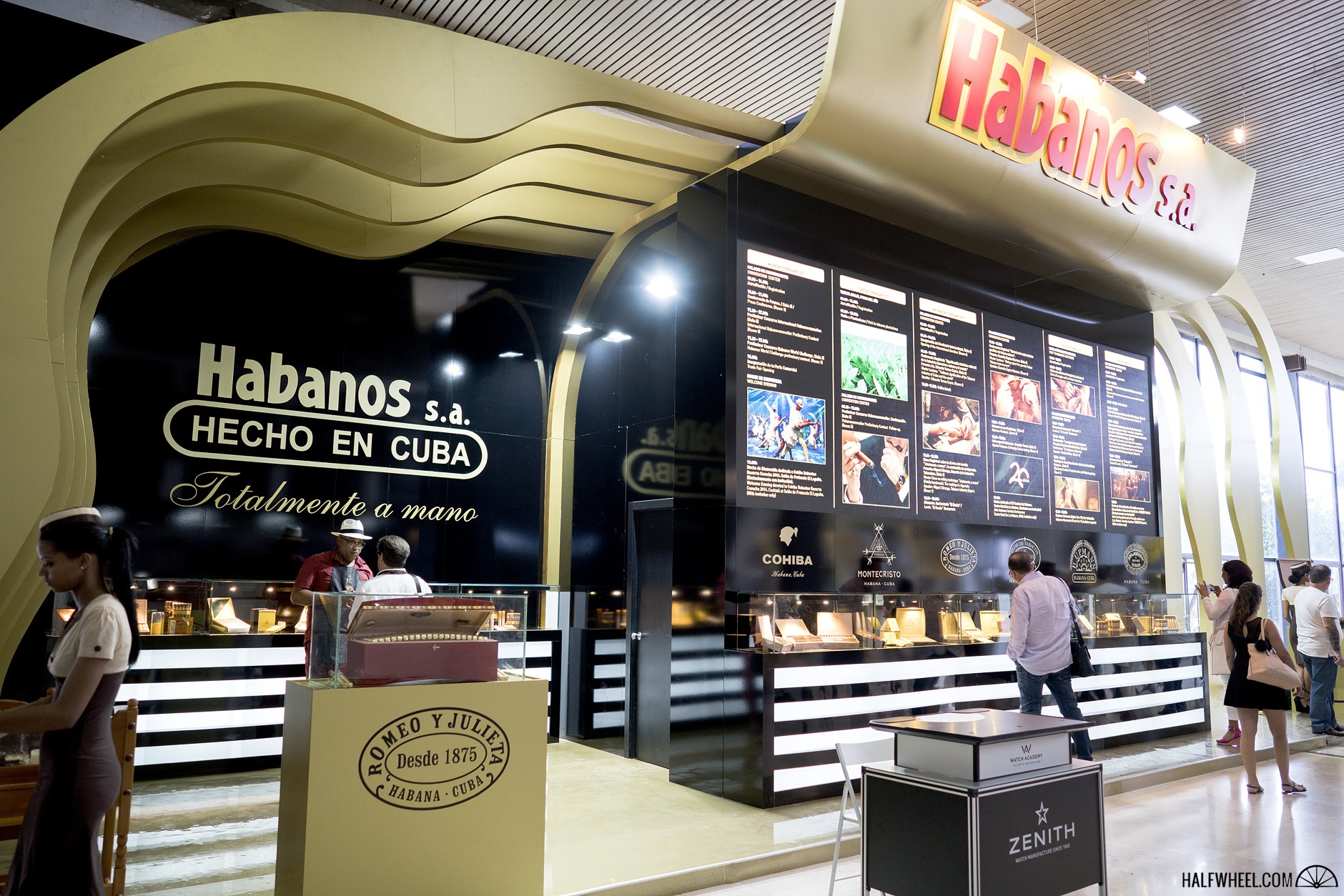
10. WILL WE SEE CHANGES TO HOW ALTADIS U.S.A. & HABANOS S.A. OPERATE IN 2021?
More specifically: will there be changes noticeable enough that consumers will be able to tell?
Earlier this year, Imperial Brands, plc finally closed on the sales of its premium cigar divisions. Included in the €1.225 billion ($1.43 billion) sale was Altadis U.S.A., JR Cigar, 50 percent of Habanos S.A., two cigar factories and a host of other things.
We still don’t know who the owners are. What we do know is that the group is at least registered in Hong Kong. I’ve uncovered evidence that links billionaire Alvin Chau, the head of a Macau casino company, to the sale. For what it’s worth, some think that the owners of Huabao—a Chinese company who at one point was believed to have been the leading bidder—are also part of the group that purchased the company.
The question now is what does this mean for the cigars and the companies that sell them?
Barring some pretty massive changes, I’m just not sure how we would be able to tell if things are really “changing” with Habanos S.A. The company is run in a manner that is erratic, though I’m not even sure that describes it. It’s a state-run company that is partially owned by a third party, and the operations are based in a country where time is just a suggestion. If Cuba all of a sudden stopped shipping cigars for two months, it wouldn’t be that surprising. Quite frankly, if the company suddenly started shipping new items on time, that would perhaps be the most noticeable sign of new ownership.
And so that means we turn to the non-Cuban parts of the sale, which include full ownership of Altadis U.S.A, Casa de Montecristo, JR Cigar, VegaFina, a factory in Honduras and part of a factory in the Dominican Republic. The latter hasn’t actually been sold yet and won’t officially change hands until sometime in 2021. And that means the areas where you might see noticeable changes are in the U.S. businesses.
But I’m not sure how obvious those changes would be either. In the first half of 2019, the heads of both Altadis U.S.A. and JR Cigar left the company. Now, the real bosses—Javier Estades and Fernando Domínguez—remained in their respective roles. Not to mention the fact that the company has been trying to sell itself for over a year, a scenario that has created a rather interesting vibe due to the uncertainty around the sale. Much like with Habanos S.A., a steadying ship might be considered a bigger change than another staff overhaul.
Prediction: We will find out who bought Imperial’s cigar division in 2021, but in terms of visible changes, there won’t be major ones to either the Cuban or non-Cuban parts of the businesses.

